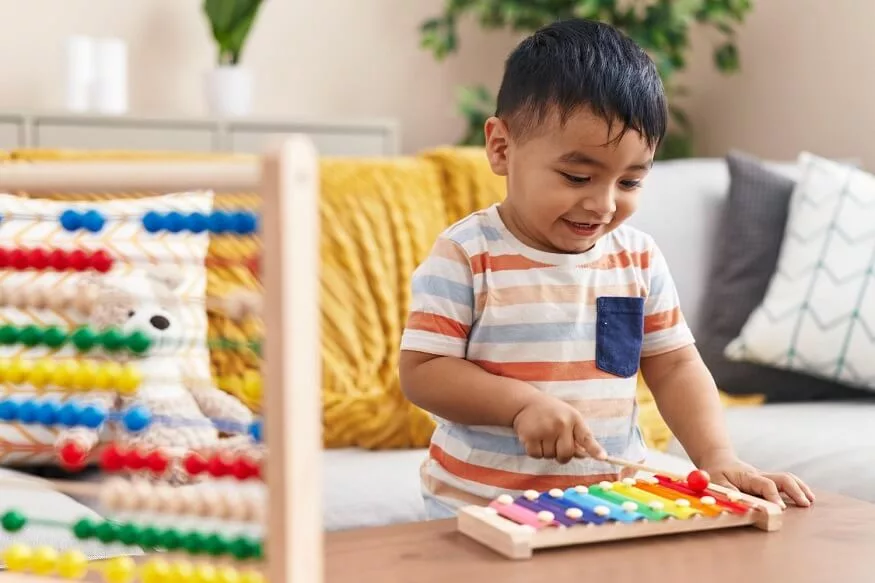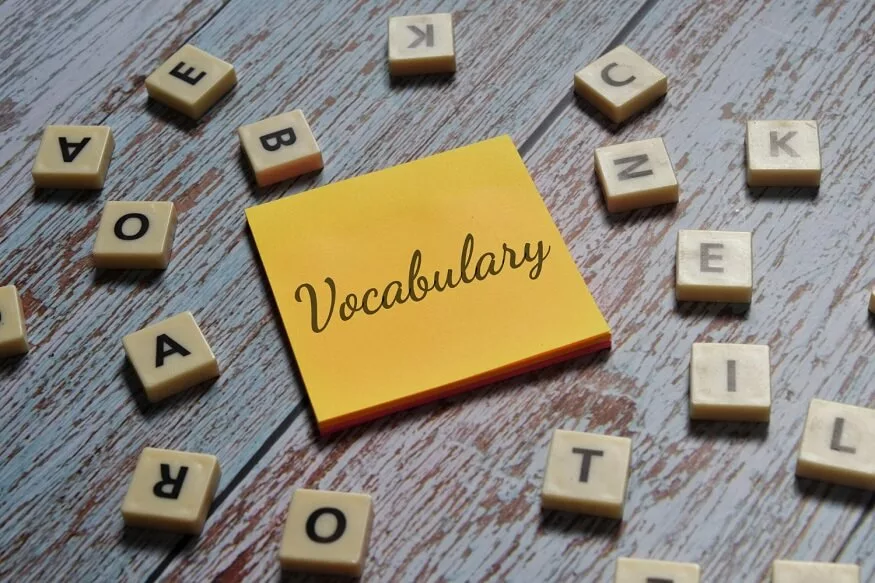As children grow, one of the significant milestones that loom on the horizon for many families is the start of formal education. Often, this begins with kindergarten. But what does it truly mean for a child to be ready for kindergarten? The phrase “kindergarten readiness” floats around frequently in parenting and educational circles. Yet, its definition can seem nebulous. Here, we’ll break down the concept and explore what it encompasses.
Also Read: What is the Best Age to Start Kindergarten
The Foundation of Kindergarten Readiness
At its core, kindergarten readiness is about ensuring that a child possesses the social, emotional, physical, and cognitive abilities to engage and benefit from a structured educational setting. It doesn’t mean that a child needs to read fluently or solve maths problems. Instead, it’s about having the foundational skills to learn, interact, and thrive in a kindergarten environment.
The Role of Readiness Programmes
Readiness programmes play a pivotal role in preparing children for this significant step. A good readiness programme focuses on nurturing a child’s natural curiosity, helping them develop basic interpersonal skills, and introducing them to the routines and structures they’ll experience in kindergarten.
For instance, a readiness programme might introduce children to the concept of taking turns, listening to a teacher, or following a schedule. These are essential aspects of classroom life that can be overwhelming for a child encountering them for the first time.
Also Read: 10 Life Skills Activities for Kindergarten Students
Dive into Readiness Activities
Readiness activities are integral to these programmes, providing hands-on experiences for children to learn and grow. These activities are thoughtfully designed to enhance various skills that are pivotal for kindergarten. Here are a few examples:
- Fine Motor Skills: Activities like threading beads, using playdough, or cutting with safety scissors can hone a child’s hand-eye coordination and muscle control, essential for writing and other classroom tasks.
- Cognitive Development: Simple puzzles, sorting games, and pattern recognition exercises can stimulate a child’s cognitive growth, aiding their problem-solving and logical thinking.
- Language and Communication: Through storytelling, singing, and even simple conversations, children can develop their vocabulary, listening skills, and ability to express themselves.
- Social Interaction: Group activities, play sessions, and shared tasks can teach children about teamwork, sharing, empathy, and patience.
The Significance of Readiness Activities
The primary reason readiness activities are so vital is that they provide children with a structured yet fun way to develop crucial skills. Instead of rote learning, these activities offer hands-on experiences. They enable children to learn by doing, which is often more effective and enjoyable.
Moreover, these activities are adaptable. For children who may be ahead in certain areas, the activities can be modified to present more of a challenge. Conversely, for those who might need a bit more help, the activities can be simplified or approached with more repetition.
Also Read: Benefits of Picture Reading for Kindergarten
Preschool Readiness Activities
For many children, the journey towards kindergarten readiness begins in preschool. Preschool readiness activities often serve as a precursor to more structured kindergarten activities. They’re more informal but are just as crucial. Here are 10 preschool readiness activities that can effectively prepare children for the transition to a structured learning environment:
- Alphabet and Number Recognition: Using flashcards, books, or toys, familiarise children with basic letters and numbers. This doesn’t mean they need to read or do maths, but recognising these symbols can give them a head start.
- Story Time: Engage children in group story sessions. Encourage them to listen, predict outcomes, and discuss the storyline. This enhances their listening skills, comprehension, and expressive language.
- Fine Motor Skill Crafts: Activities like threading beads, finger painting, or using playdough can help children develop the muscle control needed for writing and handling small objects.
- Sorting and Grouping: Give children objects of different colours, shapes, or sizes and let them sort them into groups. This aids in recognising patterns and categories.
- Interactive Circle Time: Engage children in songs, rhymes, and dances that require following directions, like “Head, Shoulders, Knees, and Toes.” This helps with both physical coordination and the ability to follow instructions.
- Sand and Water Play: Let children play with sandpits or water tables. These sensory activities not only enhance fine motor skills but also introduce concepts like volume, cause and effect, and texture.
- Simple Puzzles: Start with large-piece puzzles and gradually introduce more complex ones. Puzzles are great for spatial awareness, problem-solving, and hand-eye coordination.
- Role-Playing and Pretend Play: Set up areas where children can pretend to be doctors, chefs, teachers, etc. This promotes imaginative play, communication skills, and understanding of the world around them.
- Outdoor Exploration: Organise nature walks or garden explorations where children can observe and discuss the plants, insects, and other elements they encounter. This fosters curiosity and a love for the natural world.
- Structured Free Play: While it’s essential for children to have unstructured playtime, occasionally providing them with toys or games that have a specific purpose or goal can help them learn to follow rules and work towards an objective.
Also Read: Nursery Admission FAQs for Kids and Parents
Bridging Preschool Readiness to Kindergarten Readiness
While there’s an obvious overlap, there is a nuanced difference between preschool and kindergarten readiness. Preschool readiness is more about getting a child ready for a group learning environment. It focuses on nurturing their curiosity and introducing them to learning through play.
Kindergarten readiness, on the other hand, leans more towards preparing children for structured learning. This involves not just academic skills, but also emotional and social maturity.
It’s a gradual progression, and the goal is to ensure that by the time children reach kindergarten, they are not just academically ready, but are also equipped to handle the emotional and social aspects of school life.
Kindergarten readiness is not about pressuring children to achieve academic milestones prematurely. Instead, it’s about ensuring that they have a holistic foundation that will make their transition to formal education smoother. EuroSchool has readiness programmes and various readiness activities. We provide our children with the tools they need to embark on their educational journey with confidence and enthusiasm.
While some might naturally be eager and ready for kindergarten, others might need a bit more time and support. And that’s perfectly okay. The key is to be patient, attentive, and supportive, ensuring that when the time comes, your child is truly ready in every sense of the word.










